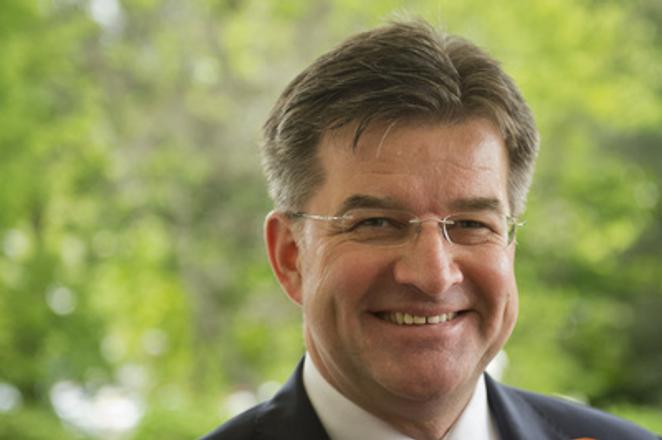They were divided into two consequent debates and Slovak candidate, Foreign Minister Miroslav Lajčák, sent a video-message. In it, he outlined his vision of future operation of the UN and the role of the secretary general, the TASR newswire wrote, as informed by the ministry.
Lajčák did not participate in person, as he was on his way from Brussels where he presented in the European Parliament the priorities of the Slovak presidency of the Council of EU. He arrived in New York at night, to hold a speech at a debate in the International Peace Institute (IPI) about the future of the UN.
For the first time in the history of the UN, the debates of candidates were broadcast live but this unprecedented attempt at transparency in the fight for the position will not be broadcast in the UN’s Security Council; as its process of electing the secretary general will be secret, according to the Reuters newswire. The process is meant to find the successor of incumbent secretary general, Korean Ban Ki-moon who ends this year after two five-year terms.
In an effort to put an end to the secretive way of electing UN officials, both debates with candidates in UN headquarters were broadcast live worldwide by al-Jazeera TV channel and by the UN on its website.
Al-Jazeera journalists and the public posed questions for the candidates – concerning the style of governing of the UN, climatic changes, International Criminal Court in The Hague, civil war in Syria and recent fights in southern Sudan.
Next week, the Security Council will start an informal secret ballot aimed at selecting the best candidate; then, the candidate will be recommended to the UN general assembly which will be voting on the secretary general alter this year. Unofficially, it is expected that for the historically first time, a woman could lead the institution. More than one quarter of 193 member states asked for it. Indeed, half of the twelve candidates are women, according to TASR.



 Foreign and European Affairs Minister Miroslav Lajčák (source: TASR)
Foreign and European Affairs Minister Miroslav Lajčák (source: TASR)